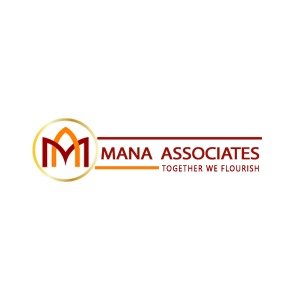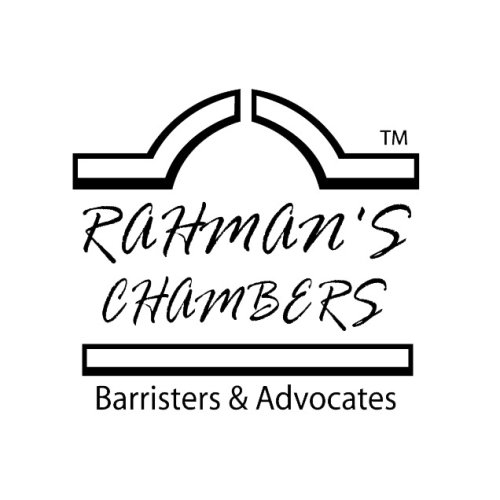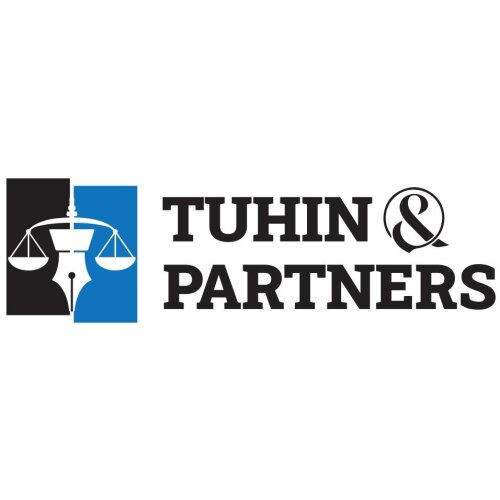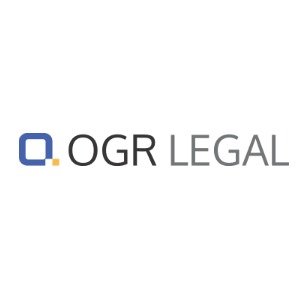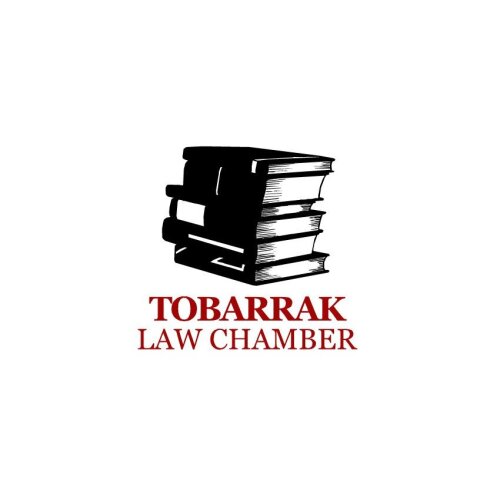Best Conveyancing Lawyers in Bangladesh
Share your needs with us, get contacted by law firms.
Free. Takes 2 min.
Free Guide to Hiring a Real Estate Lawyer
Or refine your search by selecting a city:
List of the best lawyers in Bangladesh
About Conveyancing Law in Bangladesh
Conveyancing in Bangladesh refers to the legal process of transferring property ownership from one person to another. This process includes the preparation, verification, and execution of essential documents, as well as ensuring all legal requirements are met for a clean and valid property transfer. Conveyancing can apply to both residential and commercial properties, and involves a series of legal checks and steps to guarantee the buyer gets proper title and that the seller fulfills all legal obligations.
Why You May Need a Lawyer
Conveyancing transactions in Bangladesh often involve complex laws, regulations, and documentation. Seeking legal help can untangle these complexities and protect your interests. You may need a lawyer in situations such as:
- Buying or selling property, including land, apartments, or commercial buildings
- Verifying the authenticity of property documents and ownership history
- Drafting and registering sale deeds, transfer deeds, or power of attorney
- Resolving title disputes, encumbrances, or inheritance claims involving property
- Dealing with government authorities or complying with local registration requirements
- Understanding stamp duty or registration charges
- Mitigating risks related to fraud or defective title
- Trusts, wills, or succession issues impacting property ownership
Local Laws Overview
Conveyancing in Bangladesh is governed by a range of legal instruments. The Transfer of Property Act, 1882 and the Registration Act, 1908 are the core statutes regulating property transfers. Other relevant laws include:
- Stamp Act, 1899 - Governs stamp duty on various legal documents
- State-specific Land Registration and Mutation Rules - Deal with procedural aspects of registration and mutation
- Succession Act, 1925 and Muslim personal laws - Influence inheritance and family property matters
Key aspects of local conveyancing law include:
- All sale, transfer, and gift deeds must be registered with the Sub-Registrar office in the relevant jurisdiction
- Parties must pay applicable government stamp duties and registration charges
- Due diligence, including verification of ownership, checking for encumbrances, and ensuring the property is free of legal disputes, is critical
- Mutation in local land records is essential for legal recognition of the new owner
- Laws can vary for agricultural, residential, and commercial property as well as for land in urban versus rural areas
Frequently Asked Questions
What is conveyancing?
Conveyancing is the legal process of transferring the ownership of property from one person to another. It includes verifying the legal status of the property, preparing transfer documents, and ensuring lawful registration.
Do I need a lawyer to buy or sell property in Bangladesh?
While not mandatory, it is highly recommended to hire a lawyer. Legal professionals help in scrutinizing documents, avoiding fraud, and ensuring compliance with all statutory requirements.
What documents are required for property conveyancing?
Common documents include the original title deed, khatian (record of rights), mutation certificate, property tax receipts, identification documents of parties, and a draft sale or transfer deed.
How is property ownership transferred?
Ownership is transferred through a valid registered sale or transfer deed executed between the buyer and seller. The deed must be registered with the appropriate Sub-Registrar office.
What is mutation and why is it necessary?
Mutation is the process of updating government land records to record the new owner's name after a property transfer. It provides legal recognition of ownership and is required for property tax and future transfers.
What is stamp duty and who pays it?
Stamp duty is a tax levied on legal documents involving the transfer of property. In Bangladesh, the buyer is typically responsible for paying stamp duty at the time of registration.
Are there different rules for transferring inherited property?
Yes, inherited property may require probate, succession certificate, or application of personal laws (such as Muslim personal law) before legal transfer can occur.
Can there be restrictions on transfer for certain land types?
Yes, agricultural land and khas (state-owned) land may have restrictions on transfer or require prior government permission for sale.
What are encumbrances and how can I check for them?
Encumbrances include mortgages, liens, outstanding taxes, or legal disputes affecting property. A lawyer can conduct a search at the Sub-Registrar office and local land offices to reveal encumbrances.
How long does the conveyancing process usually take?
If all documents are in order, conveyancing can take a few weeks. Delays may occur due to legal disputes, incomplete paperwork, or issues with mutation and registration.
Additional Resources
Below are organizations and resources that can offer guidance or information on conveyancing matters:
- Ministry of Land, Government of Bangladesh
- Sub-Registrar Offices under the Ministry of Law, Justice and Parliamentary Affairs
- Bangladesh Bar Council - For finding licensed lawyers specializing in property law
- Local land offices (Union land offices or District land offices) - For mutation, records verification, and queries
- City Corporation/Municipal Offices - For municipal tax records and approvals
Some legal aid organizations and NGOs may offer support for property-related legal issues for low-income individuals.
Next Steps
If you need legal assistance for conveyancing in Bangladesh, consider these steps:
- Gather all available documents related to the property (deeds, khatian, tax receipts, mutation records, identification)
- Consult a qualified lawyer who specializes in real estate and conveyancing for an initial opinion and due diligence
- Discuss with your lawyer the specific steps required for your conveyancing transaction, including any risks or issues
- Ensure all documents are prepared, verified, and executed in the proper legal format
- Register the transfer deed at the appropriate Sub-Registrar office and ensure mutation in the relevant land records
- Retain all originals and certified copies of documents for your records
Professional legal guidance is invaluable in navigating the complexity of property transactions and safeguarding your interests both during and after the conveyancing process.
Lawzana helps you find the best lawyers and law firms in Bangladesh through a curated and pre-screened list of qualified legal professionals. Our platform offers rankings and detailed profiles of attorneys and law firms, allowing you to compare based on practice areas, including Conveyancing, experience, and client feedback.
Each profile includes a description of the firm's areas of practice, client reviews, team members and partners, year of establishment, spoken languages, office locations, contact information, social media presence, and any published articles or resources. Most firms on our platform speak English and are experienced in both local and international legal matters.
Get a quote from top-rated law firms in Bangladesh — quickly, securely, and without unnecessary hassle.
Disclaimer:
The information provided on this page is for general informational purposes only and does not constitute legal advice. While we strive to ensure the accuracy and relevance of the content, legal information may change over time, and interpretations of the law can vary. You should always consult with a qualified legal professional for advice specific to your situation.
We disclaim all liability for actions taken or not taken based on the content of this page. If you believe any information is incorrect or outdated, please contact us, and we will review and update it where appropriate.
Browse conveyancing law firms by city in Bangladesh
Refine your search by selecting a city.






